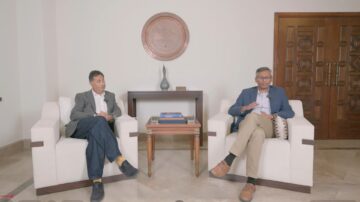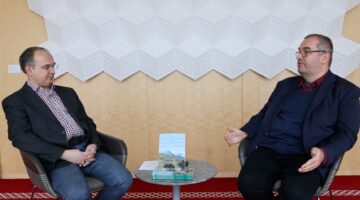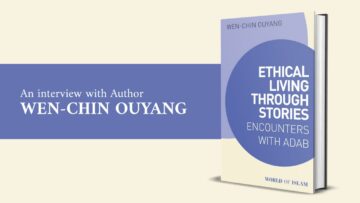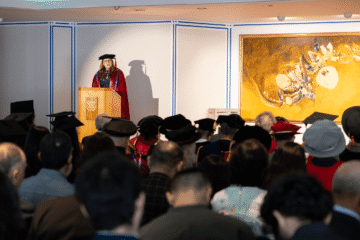This 28-minute lecture by Professor Angelika Neuwirth (Freie Universitat Berlin), a leading scholar in Qur’anic studies, invites viewers to a contextual reading of the Qur’anMuslims believe that the Holy Qur’an contains divine revelations to the Prophet Muhammed received in Mecca and Medina over a period of 23 years in the early 7th century CE. More, in the light of the milieu of the revelation and the subsequent development of the Muslim community.
Based on her thirty years of engagement with the topic, Professor Neuwirth suggests that scholarly endeavours of understanding the Qur’an essentially as the ‘Islamic text’ par excellence are insufficient, without due consideration to the Qur’an as an oral proclamation, addressed by the Prophet Muhammad to pre-Islamic listeners, prior to the formation of the Muslim community.
These pre-Islamic listeners are best described, in Prof. Neuwirth’s view, as individuals familiar with late antique culture – be they pagan Arabs, familiar with the monotheistic religions of Judaism and Christianity, syncretists of these religions; or learned Jews and Christians, whose presence is reflected in the Medinan suras. She invites viewers to observe the interactive communication process between the Prophet Muhammad and these groups as the harbinger of an epistemic turn in Arab Late Antiquity: the Qur’anic ‘discovery’ of writing as the ultimate authority brings the nascent community a new ‘textual coherence’ where scripture, with its valorisation of history and memory, was recognised as a guiding concept.






